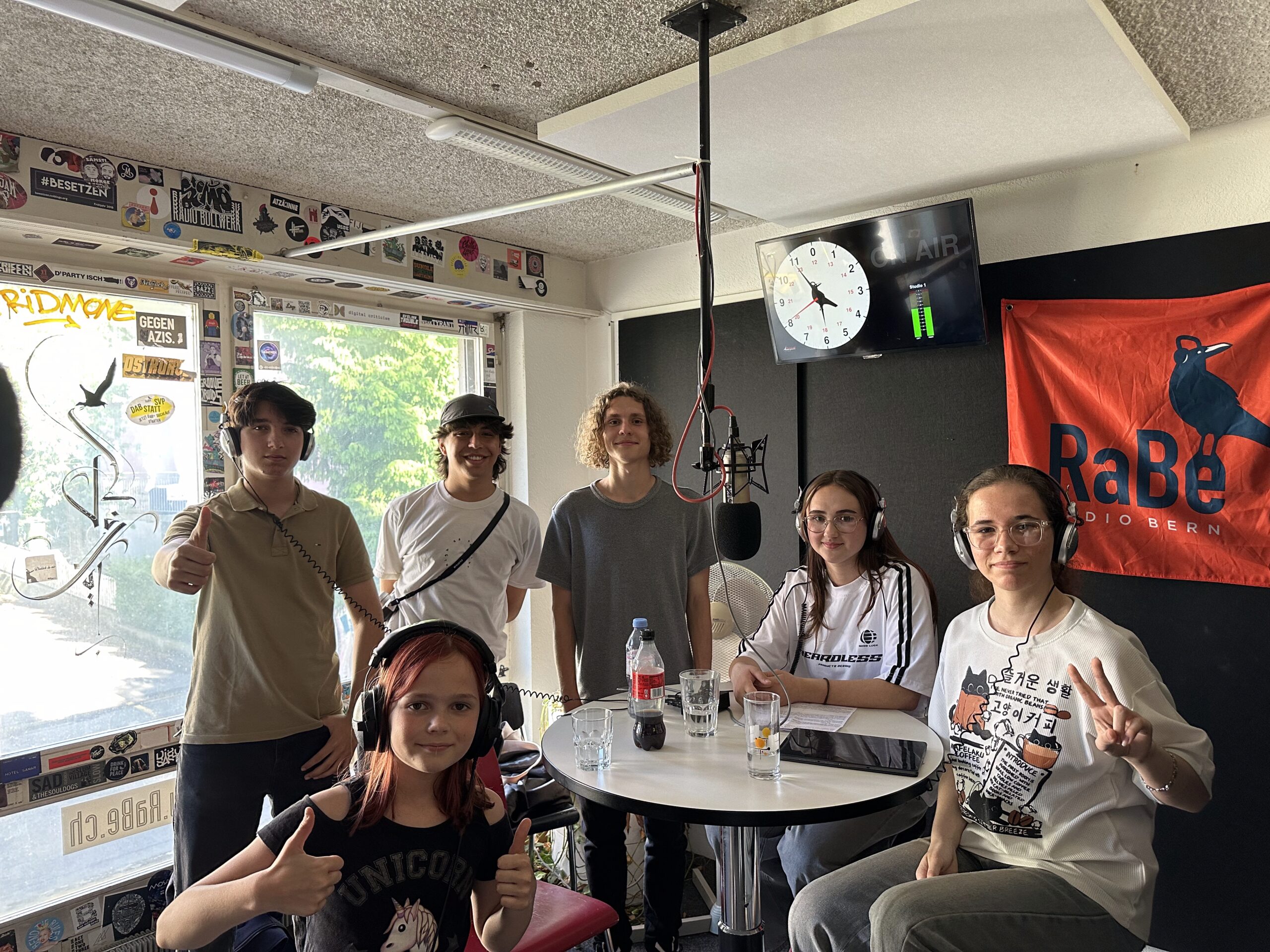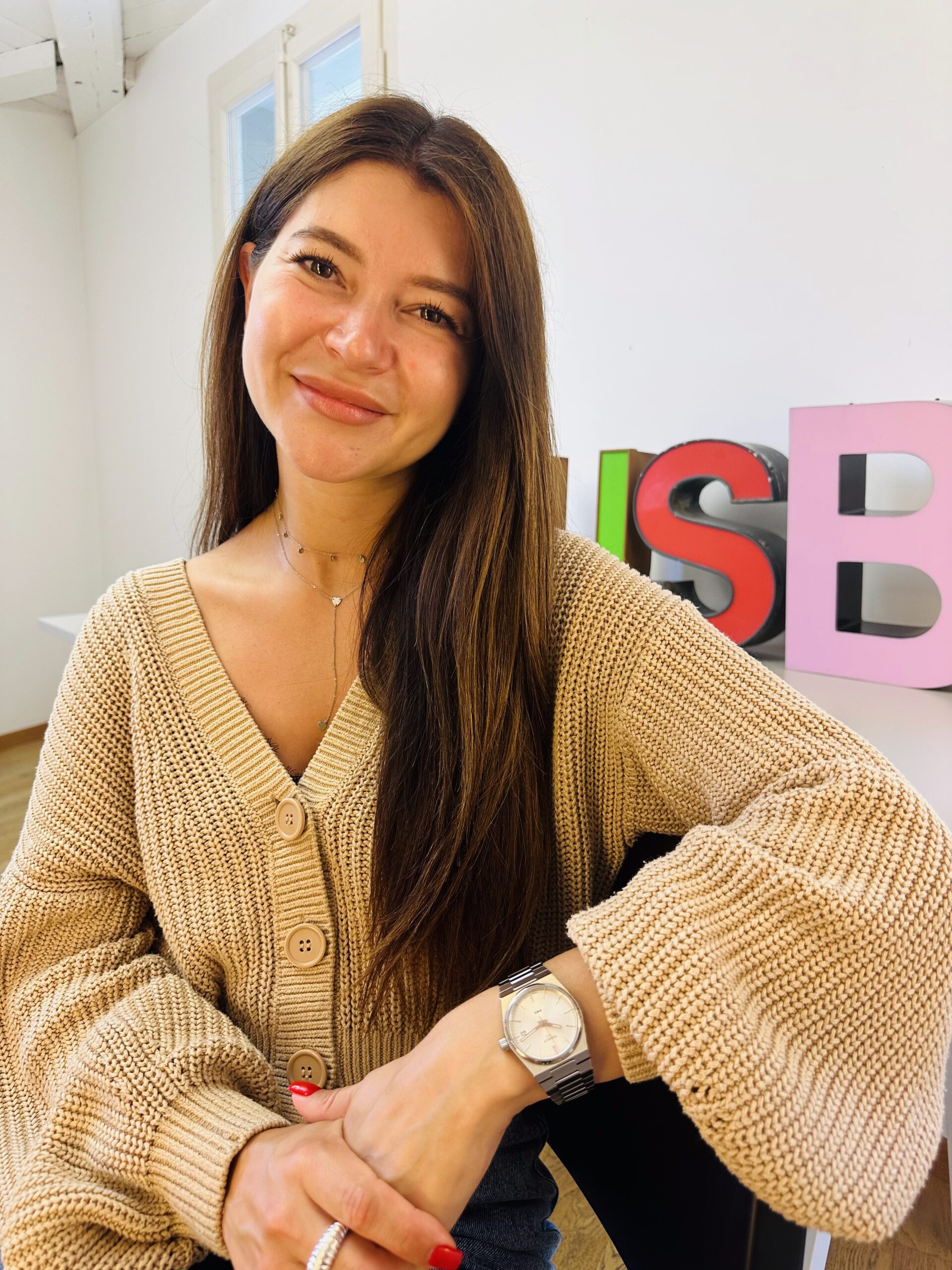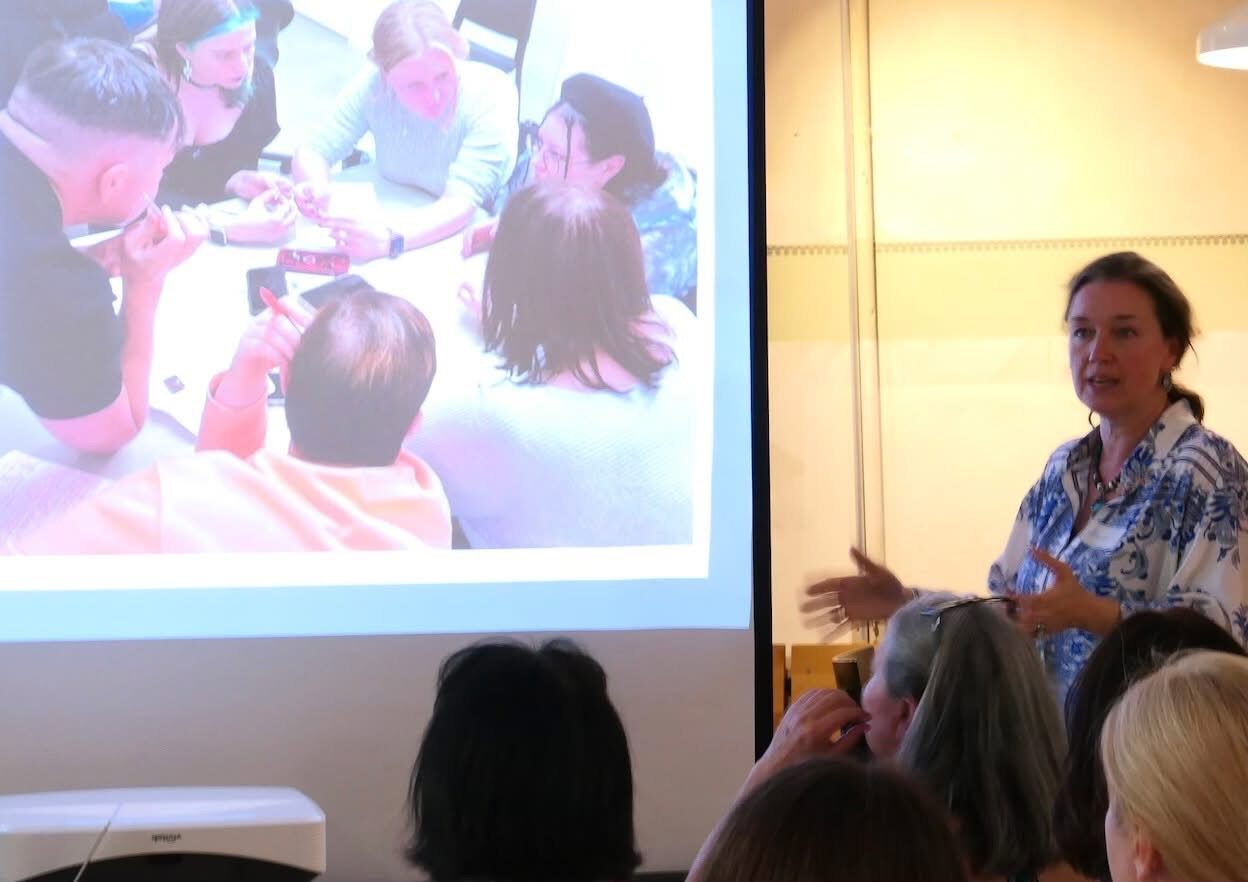The Office of the United Nations High Commissioner for Refugees (UNHCR) has presented a new analytical report, “Good Practices for Refugee Inclusion and Participation,” which collects the best examples of refugee inclusion in Swiss society. The focus is not only on support, but also on the active participation of refugees themselves in integration processes, decision-making and the creation of shared spaces.
“This is not about helping refugees, but about acting *with them*,” the report’s authors emphasize.
Participation as the key to integration
One of the main conclusions of the study is that participation is not an abstract concept, but a practical tool for achieving sustainable integration. This applies to both political participation (e.g. participation in advisory councils or “refugee parliaments”) and everyday interaction – in schools, public spaces, cultural events.
Psychosocial effect and the role of early involvement
The report also highlights the positive impact of participation on “mental health and social cohesion.” Social isolation, especially among women and children, leads to chronic difficulties with integration. This is why the emphasis is on “early engagement opportunities” – in the first stages of stay in the country.
Barriers remain
However, despite the success stories, “structural obstacles” remain significant. These include language barriers, legal uncertainty, lack of information and institutional support mechanisms. Particularly vulnerable groups remain “women with children”, “people with disabilities”, and those residing in Switzerland with S status.
Examples of good practicesactive: from local to system
UNHCR presents a number of local initiatives that can serve as models for other regions:
* **Individueller Integrationsplan (IIP)** - individual integration plans developed based on the strengths of a specific person.
* **Programm R** — supporting people with special needs, in particular through the mobilization of local resources.
* **Flüchtlingsparlament** is a national-level structure that allows refugees to influence political decisions.
* **Brückenbauer\*innen** is a network of refugees who have become mediators for newcomers in their communities.
* **Maison de santé communautaire (canton of Jura)** is an intercultural medical initiative that combines medicine and social integration.
* **“Neues Wir”** is a cultural program that involves refugees in theatrical and poetic activities.
What does UNHCR recommend?
The organization calls on government structures and civil society organizations to “integrate refugee participation into their policies and processes.” Among the recommendations: introducing national standards for participation and effective monitoring;
- funding of initiatives led by refugees themselves (Refugee-Led Organizations, RLOs);
- creating mechanisms for “early engagement” immediately upon arrival in Switzerland;
- increasing the professional competence of social service workers in engagement issues.
The UNHCR report once again reminds us that refugees are not just people who have experienced loss and flight, but also carriers of experience, knowledge and potential. Integration is not assimilation, but the co-creation of a new “we” – together.







